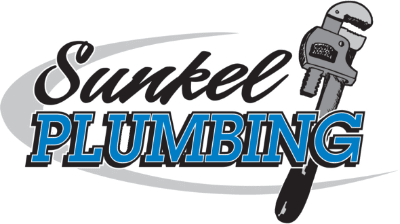As your plumbing ages, it becomes more susceptible to damage and leaks. Replacing your old pipes with new ones is an investment in the longevity and efficiency of your home’s plumbing system. If you’re considering repiping your home, here is some important information you should know to take the right decision.
What is repiping?
Repiping is the process of replacing the existing pipes in your home with new ones. This can be necessary for several reasons, including:
- Leaks or breaks in the existing pipes
- Outdated or damaged piping materials
- Low water pressure
- Poor water quality
Benefits of Repiping
There are several benefits to repiping your home, including:
Improved water quality: Newer piping materials and construction techniques can result in improved water quality.
Increased water pressure: Old pipes can become clogged or blocked, leading to low water pressure. Repiping can help increase water pressure.
Fewer leaks and breaks: New pipes are less likely to leak or break than older ones.
Improved energy efficiency: Newer pipes can help your water heater run more efficiently, resulting in lower energy bills.
Drawbacks of Repiping
There are a few potential drawbacks to repiping your home, including:
The cost: Repiping can be a costly project, depending on the size of your home and the type of piping materials used.
The disruption: Repiping can be disruptive to your daily routine as pipes are replaced throughout your home.
Temporary loss of water: You may lose water access during the repiping process, which can last for several hours or days.
Cost of Repiping
The cost of repiping your home will vary depending on several factors, including the size of your home, the type of piping materials you choose, and the complexity of the installation. On average, repiping a home costs between $1,500 and $4,000.
Piping Materials
There are a variety of piping materials available for repiping, each with its own set of benefits and drawbacks. The most common types of piping materials used for repiping are:
Copper: Copper is a popular choice for repiping because it is durable and resists corrosion. It is also a non-toxic material, which is important for water quality. However, copper pipes can be expensive, and they require special tools and training for installation.
PVC: PVC is a type of plastic piping that is popular for repiping because it is less expensive than copper and easier to install. PVC is also a non-toxic material. However, PVC pipes are not as durable as copper pipes and are more susceptible to damage from freezing temperatures.
PEX: PEX is a type of plastic piping that is becoming increasingly popular for repiping. PEX is less expensive than copper, easy to install, and durable. However, PEX pipes are not as heat-resistant as copper pipes and are not approved for use in all areas.
Repiping your home can be a great way to improve the quality of your water, increase water pressure, and reduce the risk of leaks and breaks. However, it is important to weigh the cost and disruption of the project against the benefits before making a decision. Be sure to consult with a qualified contractor to get an accurate estimate of the cost of repiping your home.
Sunkel Plumbing is a fully licensed and insured Bloomington, IL plumbing contractor specializing in repiping. We have several years of experience and our team of qualified plumbers can get the job done quickly and efficiently. Contact us today at 309-829-5320 for a free estimate!




